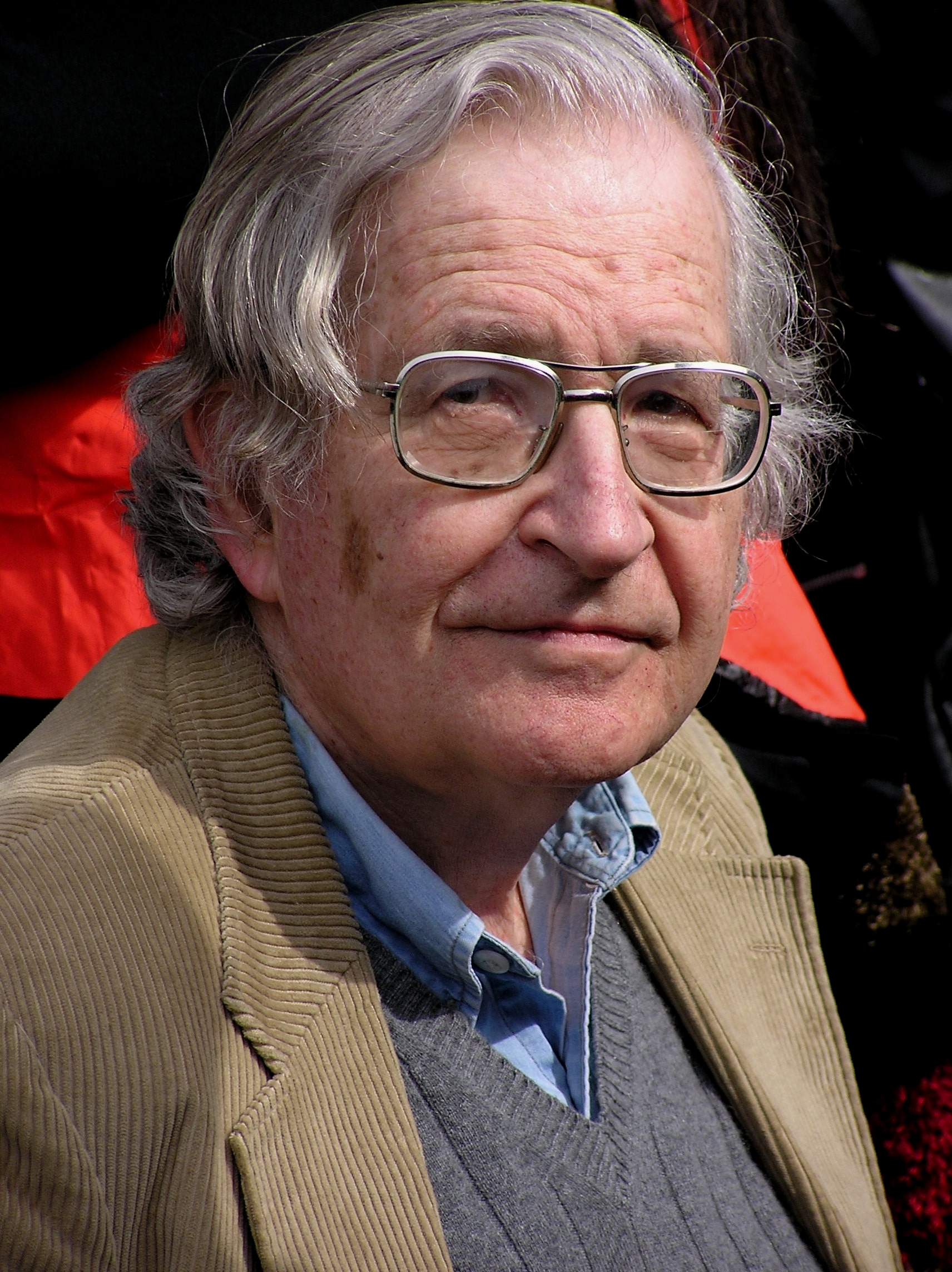To Sing or Not To Sing? Vande Mataram
By Nilofar Suhrawardy, Muslim Media News Service (MMNS)
NEW DELHI–September 7, 2006 marks the centennial anniversary of the adoption of Vande Mataram, written by Bankimchandra Chatterjee in 1876, as the national song. But as the anniversary approaches, Indian politics was mired in controversy over actually singing it.
The issue first hit headlines when Human Resources Development Minister Arjun Singh proposed the mandatory singing of the song in all educational institutions on September 7. In a letter addressed to all chief ministers, he wrote: “The year long commemoration of 100 years of adoption of Vande Mataram as a National Song started on September 7, 2005 and will be coming to a close on September 7, 2006. As a befitting finale to the commemoration year, it has been decided that the first two stanzas of the National Song, Vande Mataram should be sung simultaneously at 11.00 AM on 7th September, 2006 in all schools, colleges and other educational institutions throughout the country.†It may be noted, in the debate over selection of the national anthem, Vande Mataram lost to Jana Gana Mana written by Rabindra Nath Tagore, because the leaders considering this realized that Muslims were bound to be angered by the former. Apart from Vande Mataram being addressed to the Hindu deity Durga, Chatterjee’s Anand Math, in which the song is placed, bears an anti-Muslim tone.
Not surprisingly, when Arjun Singh became conscious of this directive having invited a strong reaction from Indian Muslims, he said that its singing on the day was “voluntary.†However, parties leaning towards Hinduism started projecting singing of Vande Mataram as crucial for testing the “nationalistic†leanings of the Muslims opposed to it. Bharatiya Janata Party (BJP) leader L.K. Advani said: “There should be no compromising attitude on (singing of) the national sing.†As the crucial day came closer, BJP’s demand became even louder. They demanded that the entire song (and not just the first two stanzas) should be sung. “I am of the opinion that Vande Mataram should be sung in its entirety,†said BJP chief Rajnath Singh. Way back in 1937, the Muslim League had opposed singing portions of the song addressed to Durga. Rajnath Singh also commented that if his party returned to power in Uttar Pradesh, the BJP would order compulsory singing of the national song in schools.
Denying that Darul Uloom Deoband had issued any fatwa on the issue, Maulana Mohammed Arif said that Muslims should not send their children to schools on September 7 “to avoid any controversy.†While addressing a congregation after Friday (September 1) prayers at Deoband’s Jama Masjid, he said: “Muslims are loyal to the nation and they do not need a certificate from anyone.â€
Taking the same stand, the All-India Muslim Women Personal Law Board chairperson, Shaista Amber said in Lucknow: “I support the advice by Darul Uloom of Deoband to Muslims not to send their children to schools on September 7.â€
Describing the song as “idolatrous†with an “anti-Muslim and objectionable background,†the Indian Union Muslim League President G.M. Banatwala said: “Any attempt to force the singing of Vande Mataram will be uncivilized and an affront to the secular character of our polity and will also not be tolerated by Muslims.â€
The BJP-ruled state governments in Gujarat, Rajasthan, Madhya Pradesh, Chhattisgarh and Jharkhand tried ensuring mandatory singing of the song on September 7. Criticizing the Rajasthan government headed by Chief Minister Vasundhra Raje on this, Rajasthan Muslim Forum leaders said: “Muslims do not pray except for the god who is Allah. Vande Mataram starts with Vandana (Prayers), which is a form of God’s prayer. Hence, all Muslim students will be asked to keep mum when others will sing the song.â€
The Jharkhand Monin Adhikar Manch, a Muslim organization, threatened to observe September 7 as a black day, if the state Muslims were forced to sing the song.
West Bengal School Education Minister Partha De said that the Left front state government was not interested in making singing of the song compulsory. “We will not like to impose it and create problems for others. Those who wish to can sing it,†De said.
Despite Assam’s having Congress at the helm, the state government issued a notification for singing of Vande Mataram in all educational institutions. Alarmed by the steam raised over the issue, Education Minister Ripun Bora later clarified that rendering of the song was not mandatory.
However, the steam had given the Assam United Democratic Front minority organization the impetus to assert opposition to Vande Mataram being imposed in the state’s educational institutions.
Interestingly, the Madhya Pradesh State Madrasa Board displayed no objection to singing the first two stanzas of the controversial song, and instructions on this were issued to 5,000 madrasas spread across the state. Nevertheless, alarmed by opposition raised by Muslim leaders, across the country, as the day drew closer the BJP realized that no citizen could be legally forced to sing the song.
On their part, rather than opt for confrontation, the majority of Muslims chose to either stay away from educational institutions on that day and/or keep quiet while others sang the Vande Mataram.
8-37












2006
1,141 views
views
0
comments